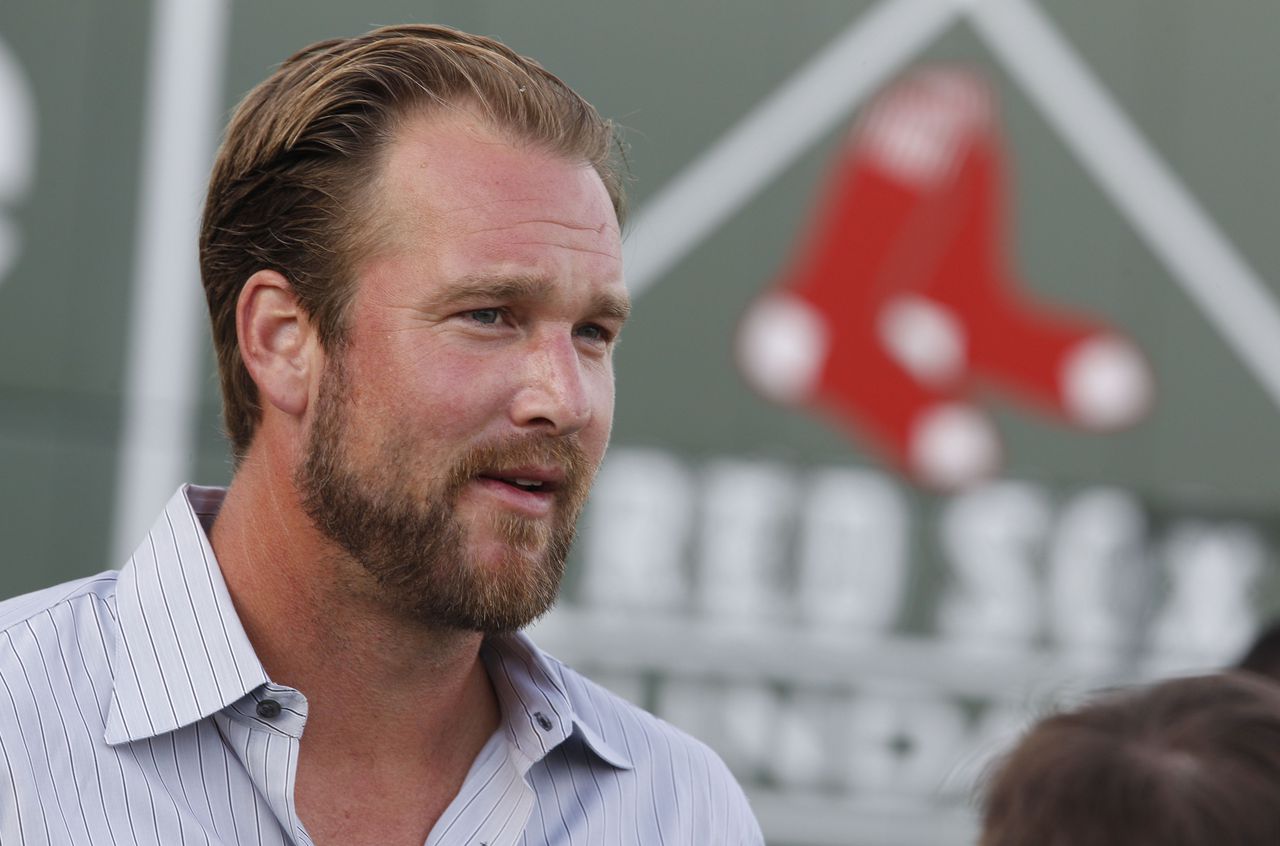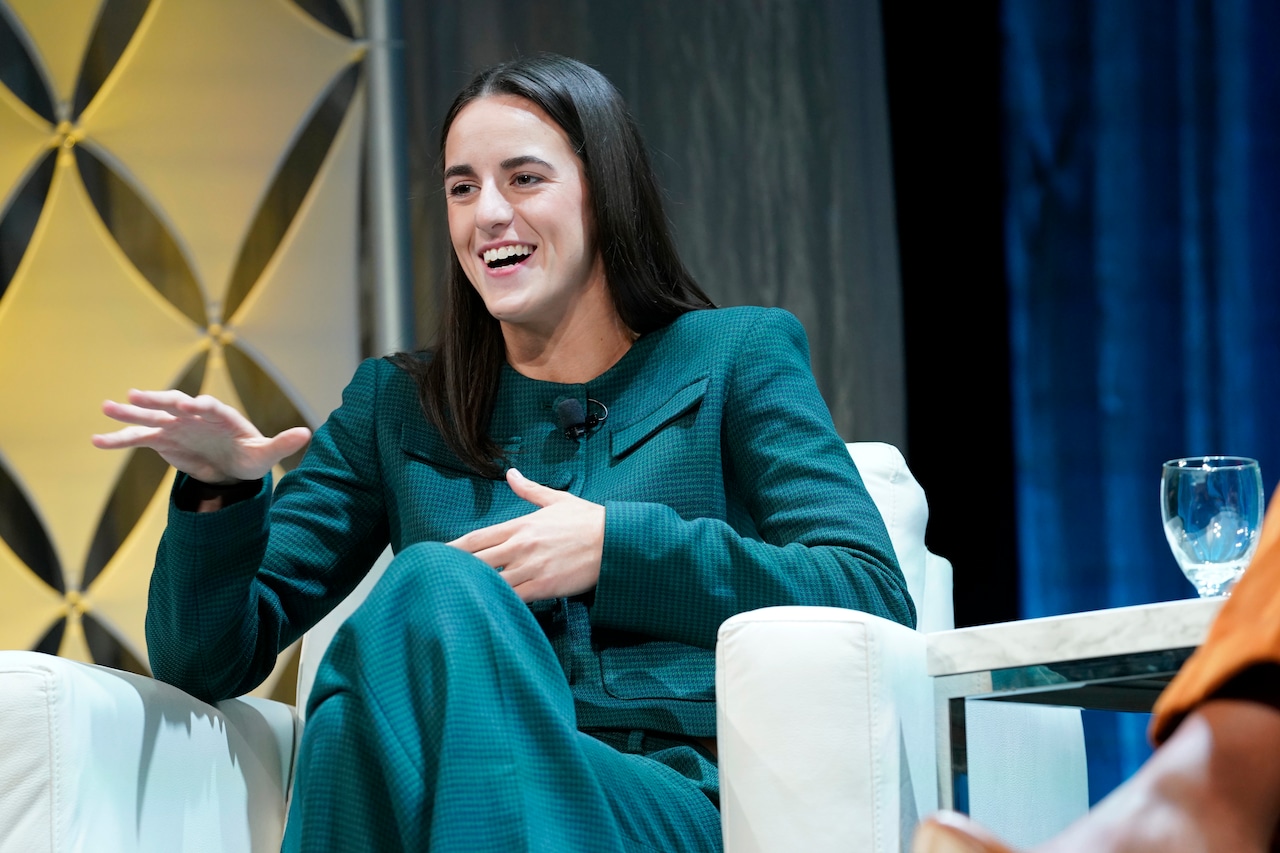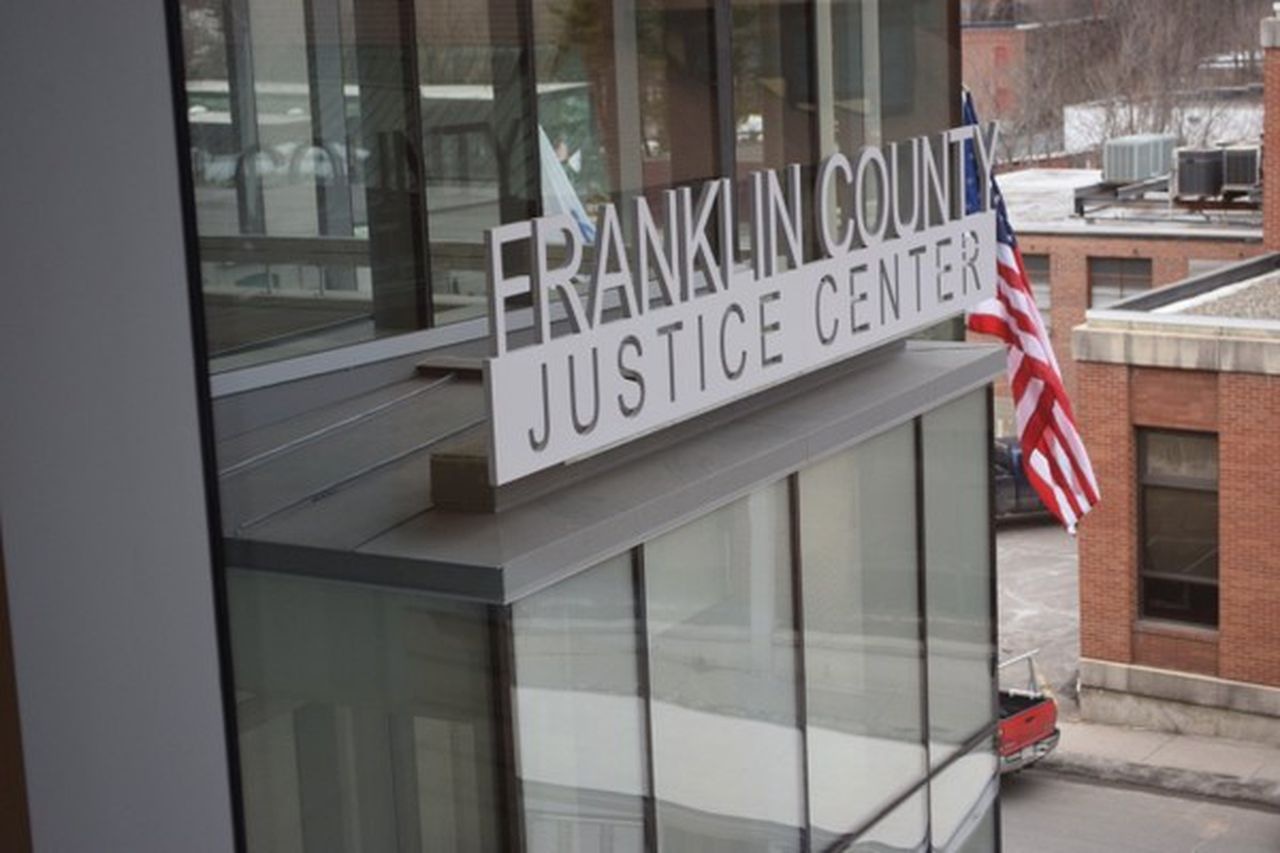
On the field, in the clubhouse, on team flights and on the golf course, Derek Lowe and Tim Wakefield shared wins, losses, and lots of laughs.
But for Lowe, one of his lasting memories of Wakefield, who passed away Sunday from cancer at 57, came when Lowe was at a career low point.
Two seasons after winning 21 games in 2002 and a season after a 17-win campaign in 2003, Lowe struggled for much of the 2004 season. Thanks mostly to strong offensive support from a powerful Red Sox lineup, Lowe managed to win 14 games that year but finished with a 5.42 ERA, by far the worst of his eight seasons in Boston.
In September, a bad season turned worse as Lowe compiled a 6.39 ERA. On the final weekend of the season in Baltimore, manager Terry Francona informed Lowe he would not be part of the team’s postseason rotation but would instead contribute out of the bullpen.
Lowe was irate and gave serious thought to going home before the playoffs began. But a conversation with Wakefield changed his mind.
“He was a great listener,” recalled Lowe from his home in Fort Myers. “But he wasn’t afraid to tell you the truth, either. He’d listen you you and say, ‘I hear ya, but I don’t necessarily agree with you.’ You need those type of friends in your life. You don’t need yes guys. He wasn’t afraid to listen, but also to tell you the truth. You might not have wanted to hear it at the time, but as time passed, it was something you truly respected. Not a lot of guys will do that. They’ll listen kind of half-assed and not really listen, but just say, ‘Yeah, I agree with you,’ and then move on. He wasn’t that type of guy.
“Wakey was truthful with me. He said, ‘Would you pitch you right now?’ And you had to think about it. He said, ‘If you look at our rotation right now (which featured Pedro Martinez, Curt Schilling, Bronson Arroyo and Wakefield), would you pitch you?’ And I said, ‘No.’ He said, ‘Well, there’s your answer. But if you go home right now, you realize you’ll never pitch for this organization ever again. And how can you help us if you go home?’ Again, that was the truth.
“In the moment, you’ve got your pouty pants on and all you’re doing is thinking about yourself. You’re thinking about how this is killing me financially and I don’t know where I’m going to go next. But then someone flips it around and asks the question: ‘We’re trying to win a World Series. Do you believe you can help (as a starter)?’ And again, I said, ‘No.’ He was just giving some honest feedback, along with Jason Varitek. And they were both correct.”
Lowe has found himself recalling that bit of guidance a lot over the last few days, recalling Wakefield’s spirit and generosity, and specifically, Wakefield’s decision to volunteer to pitch in a mop-up spot weeks after the two had spoken in Baltimore.
“He single-handedly saved my career in Game 3 (of the 2004 ALCS) against the Yankees,” said Lowe. “That was my job to come in and pitch when the game’s a blowout. But he raised his hand and said, ‘No, I’ll do it, I’ll do it.’ So that allowed me to pitch Game 4 (instead of Wakefield). He’s the starter, I’m the reliever at the time. So he singlehandedly saved my career.”
Indeed, Lowe’s strong postseason performance — over four games, he had a 1.86 ERA and was the winning pitcher in all three series-ending games that October — sent him into free agency that winter with a far better profile and earned him a four-year, $36 million deal with the Los Angeles Dodgers.
“You hear all the time that he was the most selfless pitcher,” said Lowe, “and was just interested in what was best for the team. You can’t always look out for yourself, but he was always the guy that was willing to skip a start for somebody else and never complained. That’s a trait that very few people and that’s one of the things that I’ll never forget. Agreeing to pitch Game 3 allowed me to pitch Game 4 and Game 7, and I don’t even know where my career would have been if he hadn’t done that, honestly.”
Wakefield’s willingness to close out Game 3, a 19-8 Yankee blowout, set the stage for what transpired afterward: the greatest comeback in baseball history as the Red Sox rallied to win the final four games to capture the pennant and advance to the World Series, where they would win their first championship in 86 years.
“Looking back, at the time, we were pretty much going to lose that game and realistically, most people thought we were going to lose the series anyway,’’ said Lowe with a laugh. “We didn’t realize how big of a deal it was. People shook his hand after the game. But then seeing how everything transpired, he took a bullet for the team. That’s the type of guy he was for his whole career.
“It showed the type of man he was. He was what you want in a major league baseball player.”
The two were on the same pitching staff for parts of eight seasons, with Lowe joining the Red Sox two years after Wakefield made his debut, and were friendly. But it wasn’t until the last half-dozen years or so, with both retired, that they grew truly close on the golf course where both were near-scratch golfers.
“We’d gotten really close playing in these celebrity golf events,” said Lowe, “playing a lot of practice rounds together. I was grateful to play with him this last year in (Lake) Tahoe. We played two rounds together and he had his whole family out there. Me, Kevin Millar and Wakey. We had our families out there and just had a great time. And then we played in Portland, Maine, and came back to Boston. July was the last time I actually saw him.
“Obviously, it was devastating when he first learned he had cancer. Like anybody in life, when you lose somebody suddenly, it’s hard to comprehend. You reflect on the time you spent and you hear the stories.”
Lowe understood how sick Wakefield was following his diagnosis, and felt helpless.
“I kind of new everything that was going on,” said Lowe. “My wife and Stacy are really close and obviously Tim and I were really close. So we knew the situation and were updated pretty regularly. I had spoken to him about 10 days ago. We were actually going up (to Boston) next week to see him and spend some time, so that makes it doubly painful that we didn’t go earlier.”
But Lowe has his enduring memories and a friendship that blossomed over more than 25 years. And he feels richer for having had Wakefield in his life.
“It’s one thing when people can talk about how great you were as a baseball player,” concluded Lowe. “But it’s another for them to talk about how great a man you are and what you did for people after your career was over. You can’t say that about a lot of people.”





